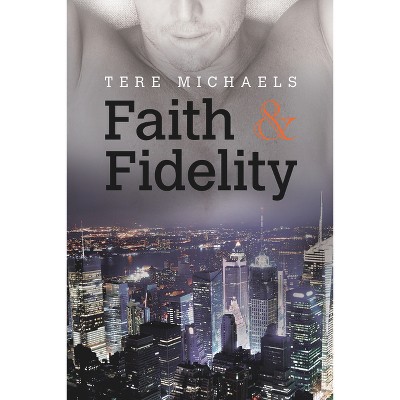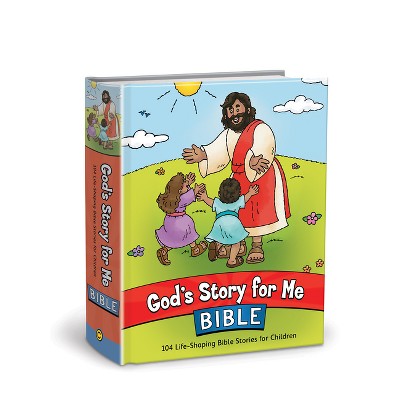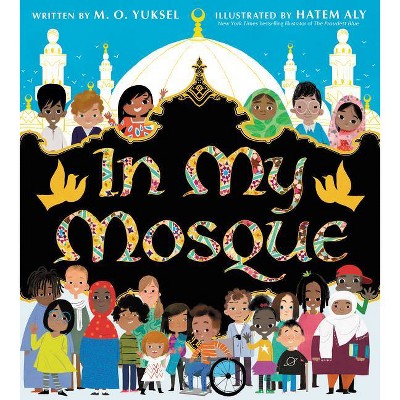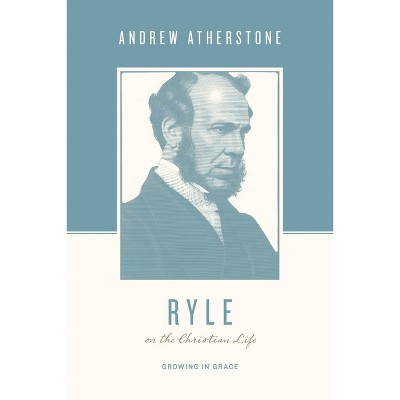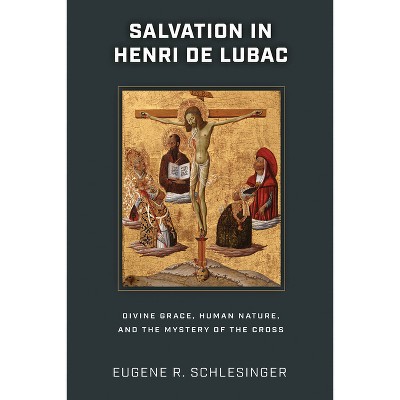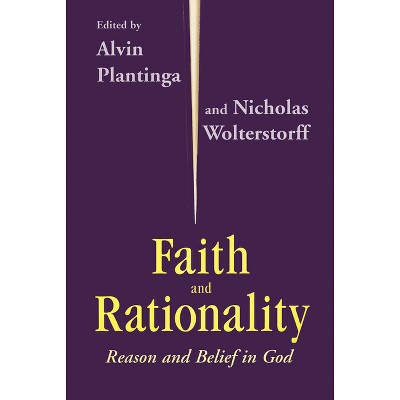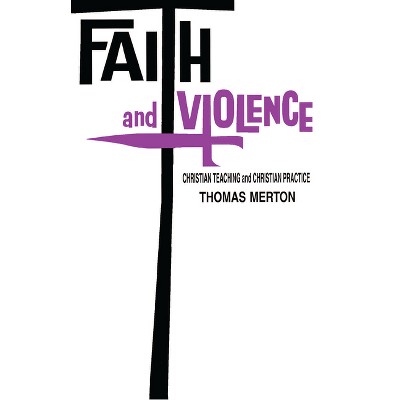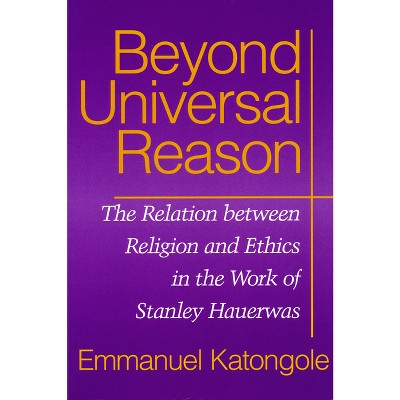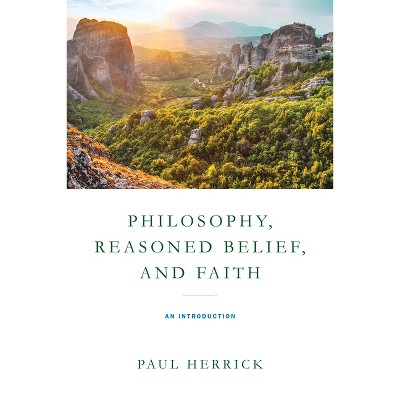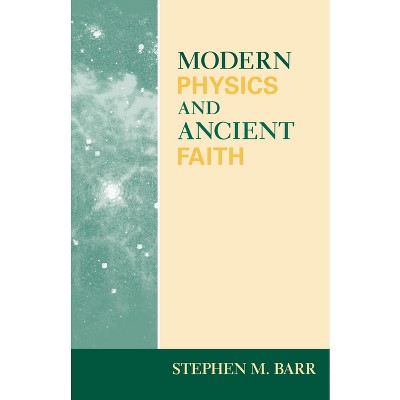Sponsored

Corpus Mysticum - (Faith in Reason: Philosophical Enquiries) by Henri Cardinal de Lubac (Paperback)
In Stock
Sponsored
About this item
Highlights
- One of the major figures of twentieth-century Catholic theology, Henri Cardinal de Lubac was known for his attention to the doctrine of the church and its life within the contemporary world.
- About the Author: His Eminence Henri Cardinal de Lubac, SJ (1896-1991), a French Jesuit, is considered to be one of the most influential theologians of the twentieth century.
- 360 Pages
- Religion + Beliefs, Christianity
- Series Name: Faith in Reason: Philosophical Enquiries
Description
About the Book
Corpus Mysticum engages the doctrine of the church and its life within the contemporary world, by investigating the relation of the church to the Eucharist.
Book Synopsis
One of the major figures of twentieth-century Catholic theology, Henri Cardinal de Lubac was known for his attention to the doctrine of the church and its life within the contemporary world. In Corpus Mysticum de Lubacinvestigates a particular understanding of the relation of the church to the eucharist. He sets out the nature of the church as communion, a doctrine that influenced the thinking of the Second Vatican Council.
With the publication of Corpus Mysticum, this important text of contemporary Catholic ecclesiology and sacramental theology is available for the first time in an English translation. Its publication fills a significant gap in the range of de Lubac's works available to English-speaking scholars. It will be an important resource in the widespread and ongoing ecumenical discussions among Catholic, Protestant, and Orthodox theologians.
Review Quotes
"This translation of Corpus Mysticum is a gift to medieval historians, liturgists, ecclesiologists, and any Christian interested in a profoundly prophetic reading of one of the central mysteries of her or his religion. This is one of a very few books that has formed our present consciousness of who we are as Catholics and Christians. To preserve access to it will significantly aid our attempts to move into a future to some extent already foreshadowed in de Lubac's study of the past." --Gary Macy, University of San Diego
"At first glance the inclusion of this volume in this series is puzzling. Certainly a close analysis of the use of words in medieval Christian texts may be a contribution to the history of thought, but in their preface the editors of this first English translation claim that it is much more. With time, it becomes clear that they are right. Implicitly at least, de Lubac addresses properly philosophical questions about meaning, language, and interpretation. The book is a sustained reflection on the possibility and the conditions of fruitful engagement with the thought of past ages and a call to further reflection and deeper engagement." --Sixteenth Century Journal XL/2
"First English translation of a 1949 work by the French Catholic theologian and cardinal (1896-1991)." --The Chronicle of Higher Education
"More than sixty years after its first release, Corpus Mysticum is now available for the first time in English translation . . . . It joins de Lubac's Catholicism (1938) and The Splendour of the Church (1953), both long since translated to English, as an indispensable trio shaping the twentieth-century renewal of an ecclesiology of Eucharistic communion. The Simmonds translation is an invaluable complement to contemporary scholarship that draws on de Lubac's history of the articulation of the relationship between the Eucharistic and ecclesial aspects of the body of Christ." --Pro Ecclesia
"This is the first translation into English of the entire text of Cardinal de Lubac's second major work. . . . It is one of de Lubac's influential works and the source of the phrase 'the Eucharist makes the church.' . . . Absolutely essential for all libraries supporting graduate level programs in theology and for those supporting undergraduate seminary programs." --Catholic Library World
About the Author
His Eminence Henri Cardinal de Lubac, SJ (1896-1991), a French Jesuit, is considered to be one of the most influential theologians of the twentieth century. He is the author of a number of books, including Catholicism and Theology in History.
Shipping details
Return details
Trending Non-Fiction




